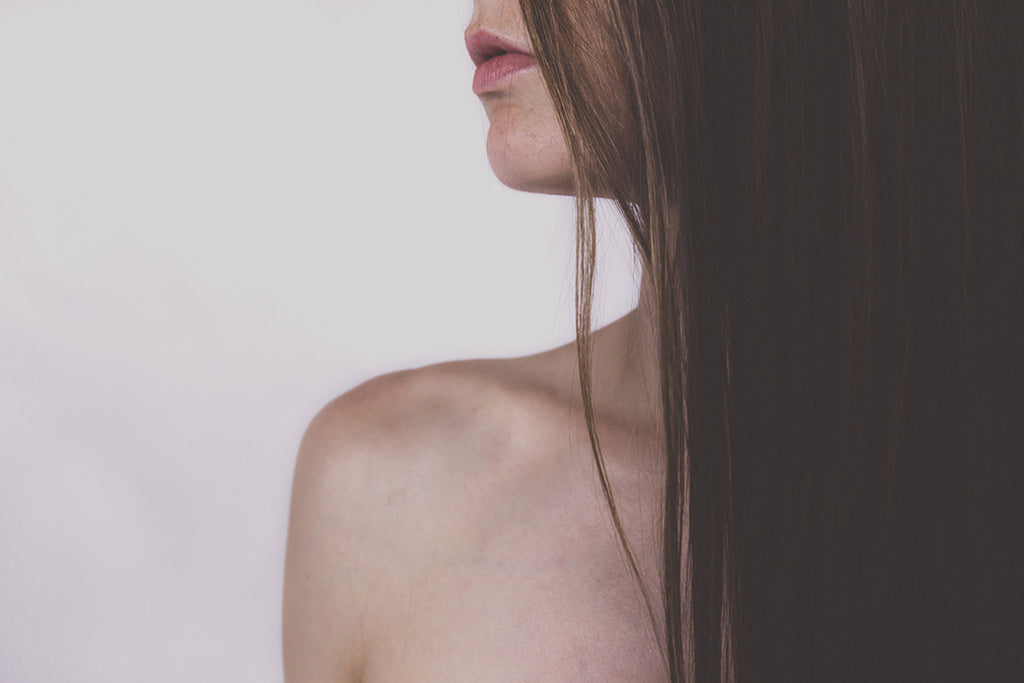We've heard all about sulfates, regardless it being Sodium Laureth Sulfate (SLES), SodiumLauryl Sulfate (SLS) or Ammonium Laureth Sulfate (ALS). This form of chemical is used mostly in cleaning agents which includes personal care products such as shampoo, liquid soaps and even toothpaste.
But how much do we know about them beyond its controversial name in the media and most importantly, are they really that bad for our skin and hair?
It's a bit of grey area, really.

According to the Cosmetic Ingredient Review , sulfates are actually relatively safe for ‘brief use followed by thorough rinsing from the surface of the skin’. The only harm it may pose is only when it gets into your eyes or if you have sensitive skin. There’s also no correlations between cancer and sulfates as well.
So, here’s where we explain a little bit on the grey area. While sulfates on its own may post more irritation to your skin, it all really depends on the formulation of the products itself. This is why most hairstylists still use shampoos that contains sulfates in salons despite the controversial media scare on it.

Sulfates can also be bad for your hair due to its drying nature but it still remains as the best ingredient to thoroughly and effectively cleanse your hair. This is where we often forget about the rest of the products in the formulation of the shampoo that will play their parts.
Remember, a good bottle of shampoo isn't just sulfate with fragrance. It also contains many other effective ingredients such as hydrolyzed silk, hydrolyzed hyaluronic acid, hydrolyzed keratin; and/or various hydrating oil to maintain your scalp and tresses' health.

That's why most shampoos in salons tend to be pricier than what you can get from drugstores. It's mainly because of the time-consuming research and developments by the products' companies in developing something that isn't just to help you clean your scalps and hair, but also to make sure the pH balance is correct and it won't dry out or damage your hair as well.

We aren’t denying that sulfates may cause damage to your hair. If you have sensitive scalp and skin, we definitely recommend you can try out some non-sulfate products. For non-sulfate shampoo, you can look for sulfate’s alternative ingredients such as Cocamidopropyl Betaine , Disodium Laureth Sulfoccinate and Sodium Cocoamphoacetate.
However, unfortunately, sulfate-free shampoo can be stripping for your hair as well. These newly developed chemical ingredients are made to cleanse after all. The only way you can retain the natural oil in your hair is by completely stop washing your hair. But of course, we do not recommend you to do so!

Like we mentioned before, it all depends on the formulations and we truly believe in investing a good shampoo for your hair. If you’ve only been using poorly-formulated shampoos at home and realize that your hair is always much better after leaving the salon, you’ll understand why a good bottle of shampoo is worth the bang for your buck.

Overall, sulfate is an effective cleanser and isn’t completely harmful to your health at all. However, your miles may vary, so always look for what works best for you and not only listen to scaremongers in the media!
For more information, do not hesitate to ask our stylists for recommendations on which shampoo suits you the most!
![]()

